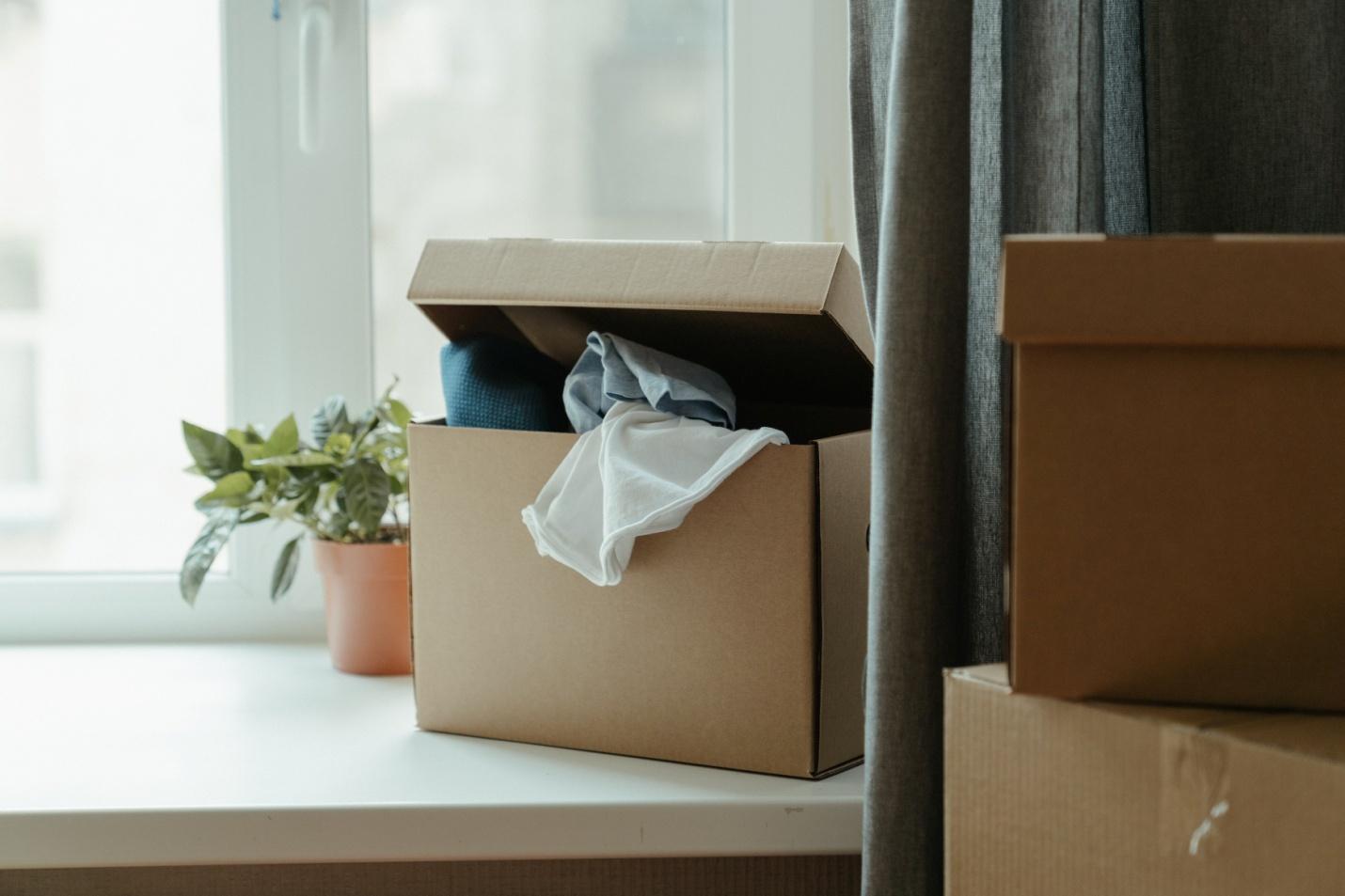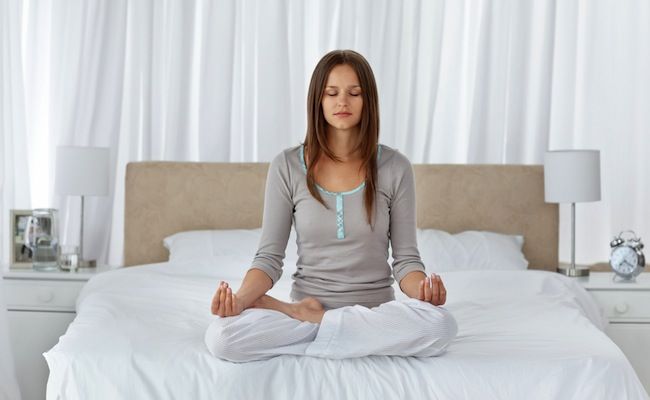Tips To Improve Your Sleep Quality
You don’t need sleeping pills to enjoy a good night’s sleep. Making just a few lifestyle changes (for the better) might be all you need to sleep like a baby. Here are a few tips to get you started.

- Stick a regular sleep schedule/pattern: Having a regular sleep pattern trains the body to slow down and drift to sleep at the same time every day. This programs the body to go to sleep-mode when your bedtime approaches, say 10 pm. Be sure to take power naps at the same time, too, especially if you nap in the afternoon.
- Create a bedtime routine: A bedtime ritual is recommended, especially if looking to have a good night’s sleep. Bedtime routines help prepare the bed for sleep by enabling it to calm down and drift into sleep. Simple routines, such as drinking warm herbal tea, a warm bath, listening to relaxing music, or having a warm cup of milk, can help. Your bedroom should be inviting and promote relaxation invest in Wayfair furniture.
- Set bedroom temperatures 5 degrees lower than average room temperature: Lowering the temperature to around 60 degrees Fahrenheit in the bedroom makes it easier for the body to cool down while triggering increased production of sleep hormones.
- Use a white noise machine: Do you live in a noisy neighborhood or have that one noisy neighbor next door? A sound machine can help muffle all the noises by playing white noise mimicking the sounds of nature. Blocking the annoying noise allows the brain to calm down and stimulate sleep.
- Don’t use electronic devices in bed: Almost all devices with an electronic display emit blue-light. Blue light is notorious for inhibiting the natural production of melatonin, the sleep hormone. Avoid using such devices towards bedtime or in bed to improve your sleep patterns.
- Consider aromatherapy: Aromatherapy involves using essential oils and plant extracts to calm down the body and mind. Simply add a few drops of your preferred essential oils to your diffuser and sleep away.
- Use relaxation techniques and exercises: Yoga and deep breathing exercises come in handy when trying to sleep. These exercises and techniques work by reducing and eliminating bodily and mental tension, allowing you to drift into unconsciousness.
- Exercise strategically: In other words, schedule your aerobics and strenuous exercises for morning hours and not later than the afternoon. Hitting the gym too close to your bedtime will only increase alertness, making it harder to drift to sleep. Exercising in the morning, however, favors restful sleep later in the day.
- Use natural sleep aids: Melatonin supplements and other natural sleeping aids are considerably much better than pharmaceutical sleeping pills. These aids do not have any side effects or risk of dependence, hence safe.
- Keep your health in check: Some health conditions, including restless leg syndrome and sleep apnea, are known to cause sleep impairment. Certain medications might also be to blame for your sleeplessness. That said, it would be advisable to seek medical advice, especially if unsure of the cause. The healthcare provider will run a series of tests and recommend the best remedy for the condition.

I am Scott Miller and my love is writing about home improvement. I write mostly about home ideas, but also share some tips and tricks that can make your life easier when it comes to getting things done in the house.












